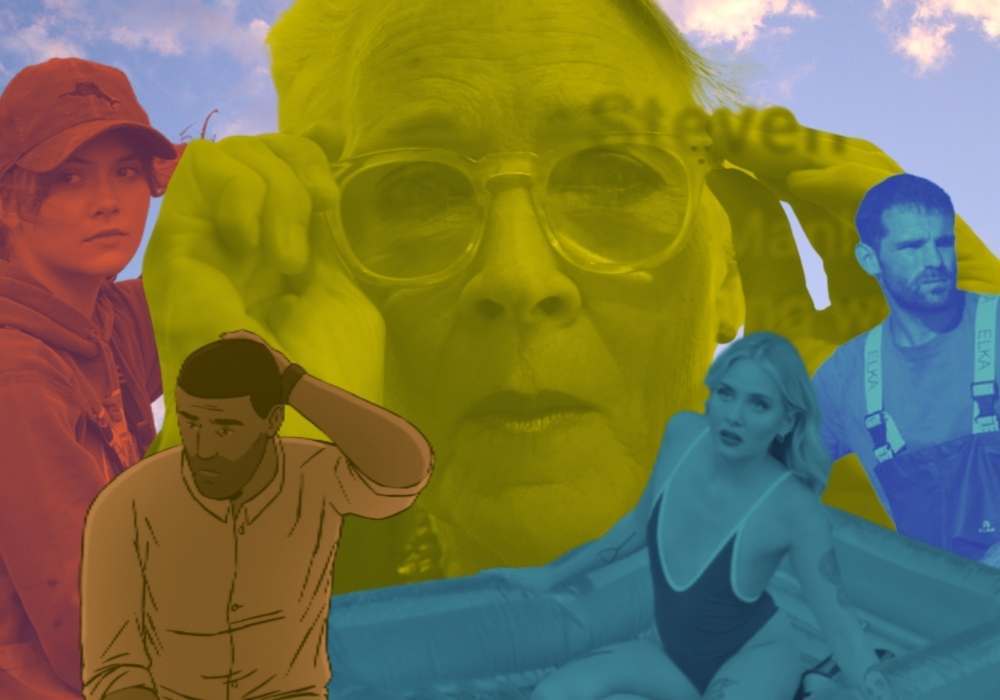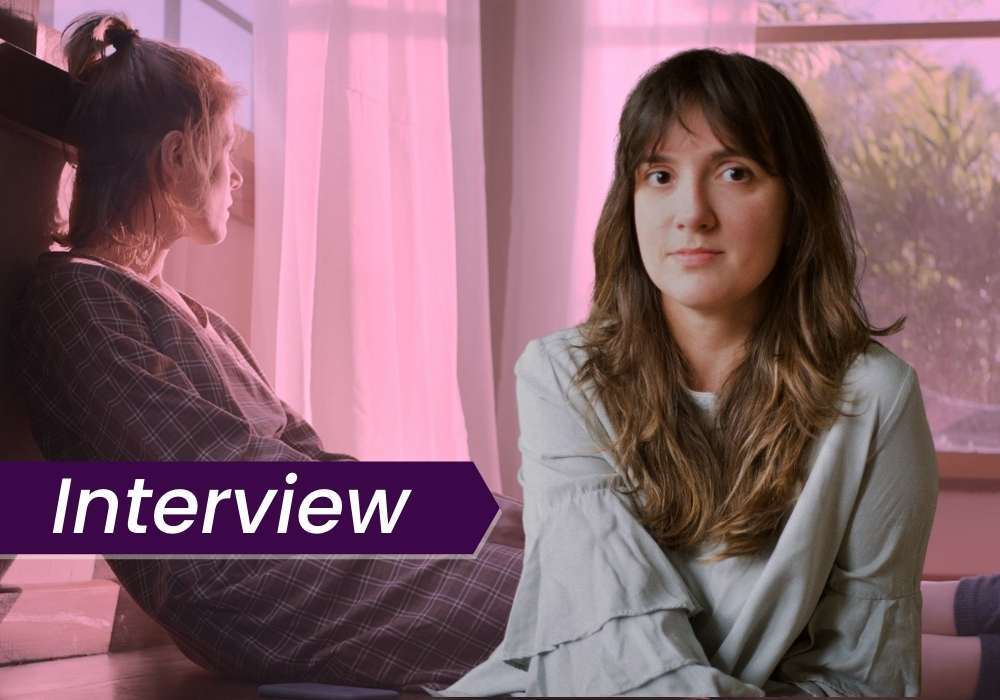Siân Heder’s crowd-pleaser, CODA, is a film that, in any other year, would have the Eccles Theatre on its feet with rapturous applause.
CODA is now streaming worldwide on Apple TV Plus.
This review was originally published on February 14, 2021 as part of our Sundance Film Festival coverage. It has been republished for the film’s release. Check out all our Sundance coverage.
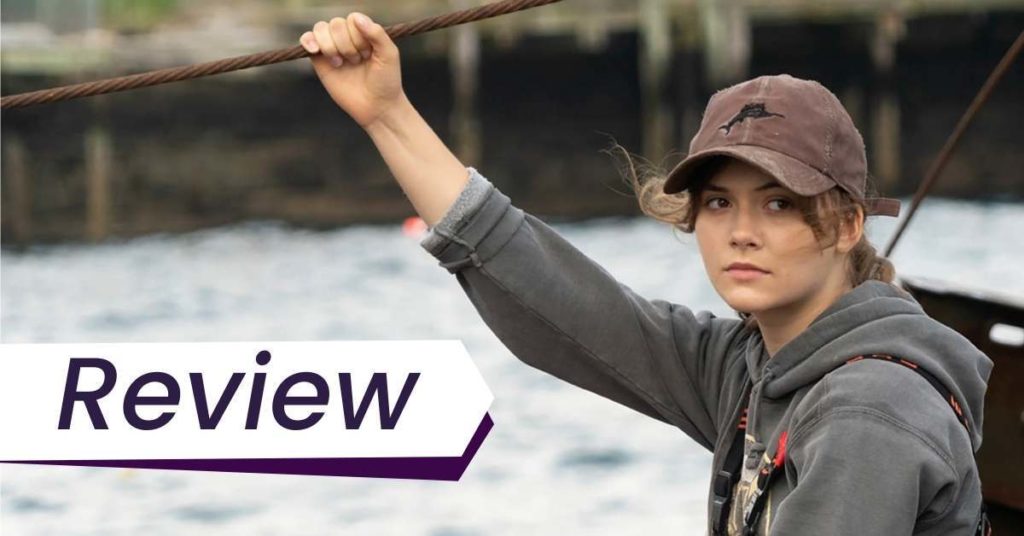
Discover one film you didn’t know you needed:
Not in the zeitgeist. Not pushed by streamers.
But still easy to find — and worth sitting with.
And a guide to help you do just that.
Siân Heder’s unabashed crowd-pleaser, CODA, is the kind of film that, in any other year, would have had the entire Eccles Theatre on its feet with rapturous applause. Although this year’s virtual Sundance meant that the response trickled out, instead, through social media, it’s no surprise that the film picked up four awards — and not just because the US Dramatic Competition was so weak — including the Grand Jury Prize and Audience Award for Best US Dramatic Feature, Best Directing (US Dramatic), and a special Best Ensemble Prize. Despite a plethora of coming-of-age story cliches, CODA still feels genuinely original, nuanced, and important because it has thoughtful, sensitive storytelling where it counts: in the depiction of disability and family, even as the film centres the only non-disabled family member.
Ruby Rossi (breakout star Emilia Jones) is a Hearing Child of Deaf Adults (CODA) who learns to find her voice both literally (as a singer) and figuratively (to stand up to her family). From the start of the film, Ruby is caught between two worlds: her insular, tight-knit deaf family, and the hearing world beyond where her class status and insecurities keep her isolated. The film’s first image is of a fishing boat at sea with no one else in sight, before Heder takes us on board to meet Ruby, her older brother, Leo (Daniel Durant), and her father, Frank (a hilarious and heartbreaking Troy Kotsur), all working seamlessly together on the day’s catch. Ruby is singing, her family’s oblivion the only sign that they are deaf. There’s genuine joy and camaraderie in their daily crack-of-dawn toil. As soon as they come ashore, Ruby hops on her bike to school, Heder’s clever signal that Ruby is moving from one world to another. It’s only when Ruby says her goodbyes to her family in sign language, after having a chat with the fishery inspector, that we understand she’s a CODA.
On the first day of school, Ruby has to pick an elective, and quickly follows her crush, Miles (Ferdia Walsh-Peelo), into choir. Though she’s initially terrified of singing in front of a hearing audience, her quirky Inspirational Music Teacher, Bernardo (Eugenio Derbez), soon assuages her fears and informs her she has a gift. This subplot is the most cliched and tired of the film, with Bernardo magically transforming the meek Ruby into a powerhouse belter with just a couple of goofy breathing exercises. Bernardo pushes Ruby to consider studying singing, offering free private lessons to prepare her for a music school audition — a climactic audition which she will, of course, almost miss but make at the very last minute. Ruby is constantly late to their sessions because of family obligations, but instead of being frank with her teacher about what’s on her plate, she creates unnecessary drama where he threatens to stop helping her.
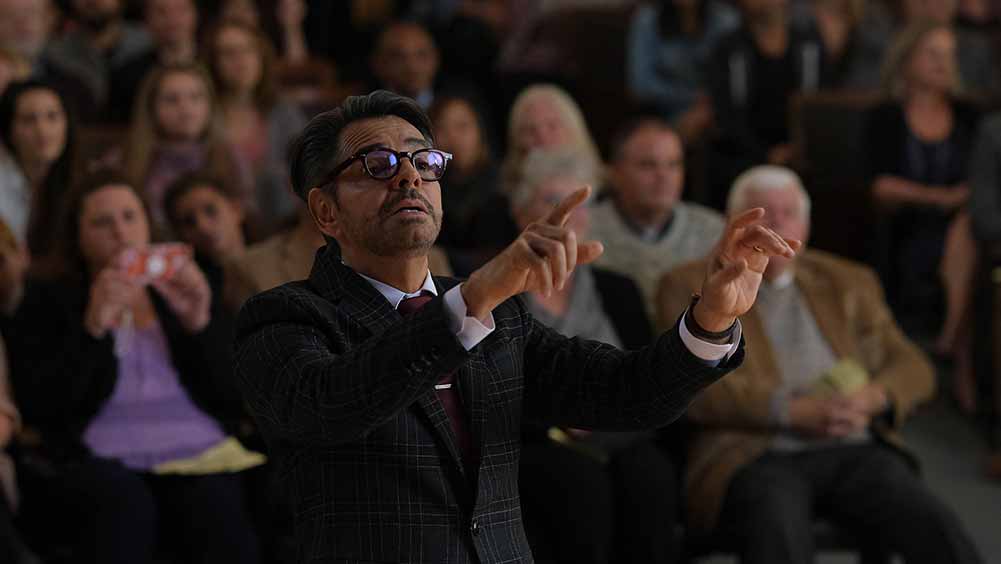
Conveniently, in class, Bernardo pairs Ruby with Miles for a duet, forcing proximity between them, and helping to kickstart a romance. But Heder never lets the teen romance subplot take over; it’s just one of many balls that Ruby is juggling. Her relationship with Miles also parallels that of Ruby’s best friend, Gertie (Amy Forsyth), who is constantly in search of conquests, and who sets her sights on Ruby’s older brother. Both of these relationships provide insights into how hearing people can easily learn to interact with deaf people, without turning things into an afternoon special. The first time Ruby has Miles over to her house to rehearse, they’re interrupted by loud noises from the room next door: Ruby’s parents are having sex, unaware that they can be heard. Once Ruby informs them they have company, they insist on sitting down with Miles for a talk about safe sex. Ruby’s father’s signs are so vivid in their explicitness that Ruby is mortified and Miles understands and is amused by the parents’ frankness, without the need of a translator. Gertie and Leo’s flirtation unfolds via text messages while sitting opposite from each other, an easy solution to their need to communicate.
It’s a little problematic that most of Ruby’s regular teen problems — nervousness about a crush, finding her passion, pursuing her dream — all happen within a hearing context, while her struggles all seem tied to her parents’ deafness and their over-reliance on her because she’s hearing. In an early scene, played for laughs, Ruby accompanies her parents to a doctor’s appointment to serve as interpreter, as they describe, in vivid detail, an STI they’re both suffering through. Though an illustration of the easy rapport between parents and daughter, Heder never really takes the lack of boundaries in this family too seriously, focusing instead on the love and support that a close-knit family provides. But that also means conflating how much Ruby is responsible for helping her parents communicate with hearing people with something more toxic that goes largely unexplored.
Still, Heder is smart about the degree to which Ruby herself has cultivated her parents’ dependence on her. The bullying she’s received at school for being ‘different’ means she’s loath to let anyone hurt her family. But that also means constantly assuming that there could be a slight should they try to communicate directly with hearing people because they might unintentionally make a gaffe. Though the fact that the fishing culture is steeped in chauvinistic traditions supports Ruby’s fears, she never actually lets her family try their hand without her. She takes on more responsibility than she should of her own volition, and her parents never step in to stop her.
The key family-related subplot of the film revolves around the changing fishing industry (making the film pair well with another Sundance title, Luzzu) where auction prices are unfair, fishing quotas are challenging, and the only way forward is to collaborate with the hearing fishermen who have thus far ostracized the Rossi family. Leo wants to change the way they do business, but feels constantly left out of major decisions, despite being an adult, because his parents treat his deafness as a liability, choosing to rely, instead, on Ruby. The way Leo is sidelined is emotionally fruitful territory that Heder explores; it’s something Ruby doesn’t expect, because she always felt like the outsider as the only hearing member of her family.
The two halves of Ruby’s life collide when her family’s livelihood suddenly becomes dependent on her contributions. All at-sea communications are done orally, so it’s both unsafe and illegal to go fishing without a hearing crew member aboard the fishing vessel. Thus far, Ruby has fulfilled that role, but if she goes away to college, then they’ll be left in the lurch. They can’t afford to hire someone else just for this purpose. If Ruby. At the same time, their attempts at new ways of doing business mean needing to interact more with hearing people, putting additional pressure on Ruby to show up for her family, even when she’s supposed to be meeting Bernardo to plan her own future.
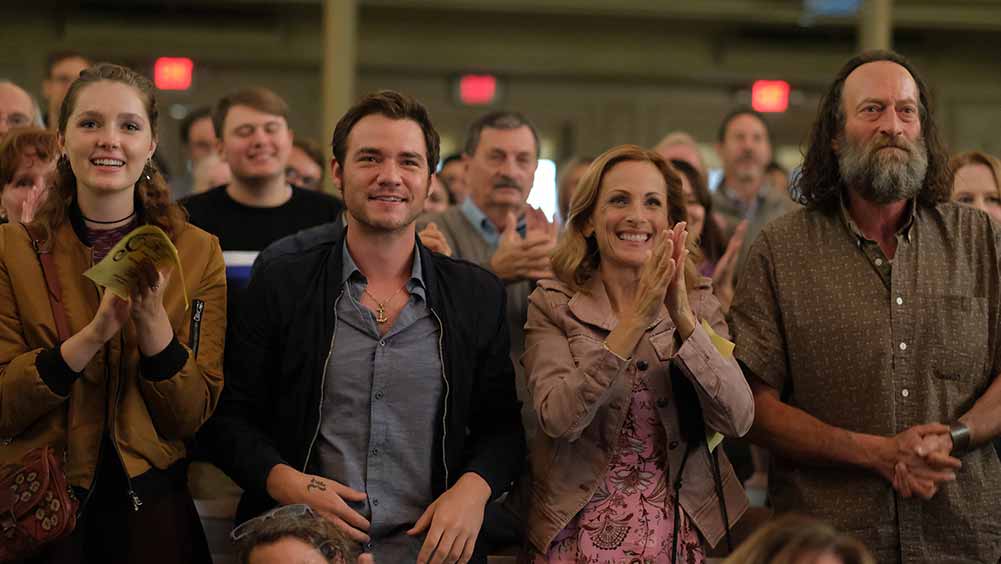
Initially, Ruby’s family struggles to understand her passion for singing, despite being fans of music with a strong beat. Her mother, Jackie (the always great Marlee Matlin), dismisses it as teenage rebellion because Ruby is a CODA. There’s a wonderful scene where the entire family attends Ruby’s recital at school. They’re far enough back in the audience that they can’t make out the faces on stage, and of course, they can’t hear what’s going on. At first, they’re bored, talking about dinner plans. But Gertie informs Leo that Ruby is good, and soon, Frank is scanning the audience to see their reactions. Heder cuts out all sound, putting us in the family’s headspace, as Frank discovers, in awe, that that audience is incredibly moved by the performance, nodding to the beat, and even on the verge of tears. The scene that follows, at home, between father and daughter is so tender and sweet that I defy anyone not to cry their eyes out.
Ultimately, it’s that tenderness and care between the family that makes the film. As much as they rely on Ruby, they want her to be happy, and they are able to get on board with helping her achieve her dream. And like everything else they do, they do it as a family. Heder skips over a lot of heavy-lifting to get to a happy ending in which both Ruby and her family find independence and community as they become more integrated into the broader, hearing community. It’s almost too easy, but it does keep the focus on the family and their joint dedication to making sure everyone is happy and achieving their potential.
Marlee Matlin and Daniel Durant both recently starred in TV’s Switched at Birth, which more deftly navigated the challenges of living in a hearing world that defaults to forcing deaf people to conform to the hearing world, rather than vice versa. If CODA lacks this nuance, both because of its limitations as a feature and its attempt at mainstream-appeal, it still feels like a landmark film. It’s smart about how inaccessible the world is for deaf people — whether it’s the lack of an interpreter at court proceedings, or the fact that all communications at sea happen through sound even when we live in a world with alternative technology. Heder never underlines this inaccessibility (unlike, say, Sound of Metal). But she’s smart about planting how Ruby circumvents problems that we don’t even realise exist until she’s no longer present. By making us fall so hard for the Rossis, she gets us fired up about how the world is inaccessible, without ever preaching.
You could be missing out on opportunities to watch great films like CODA at virtual cinemas, VOD, and festivals.
Subscribe to the Seventh Row newsletter to stay in the know.
Subscribers to our newsletter get an email every Friday which details great new streaming options in Canada, the US, and the UK.
Click here to subscribe to the Seventh Row newsletter.
